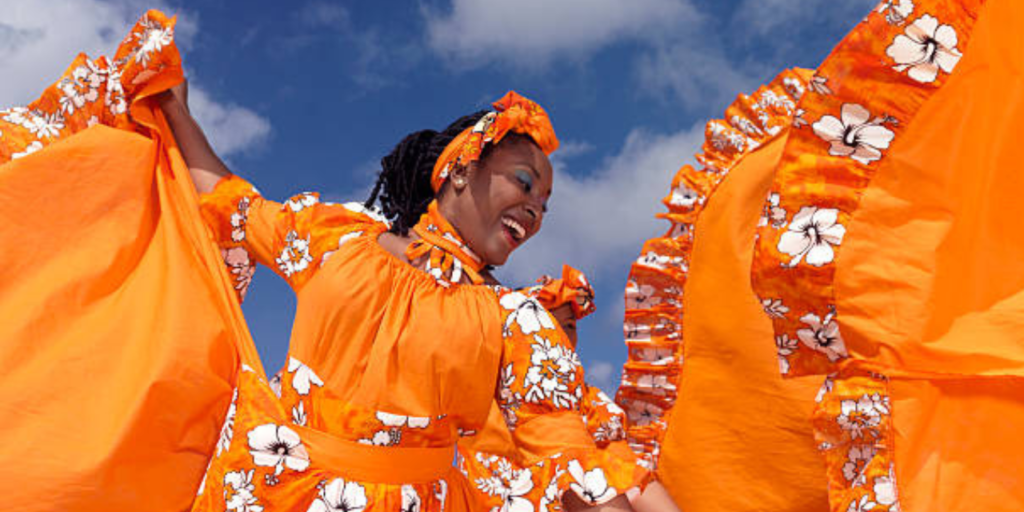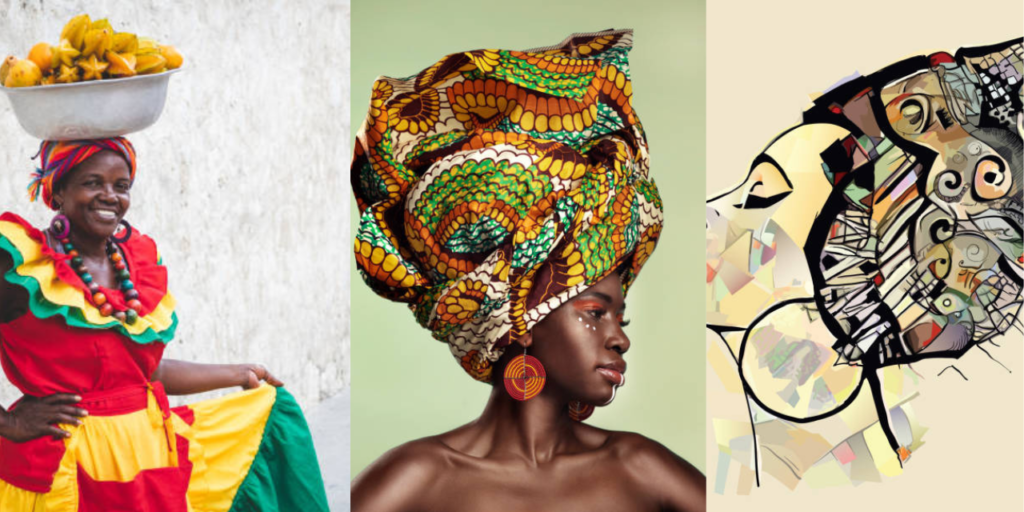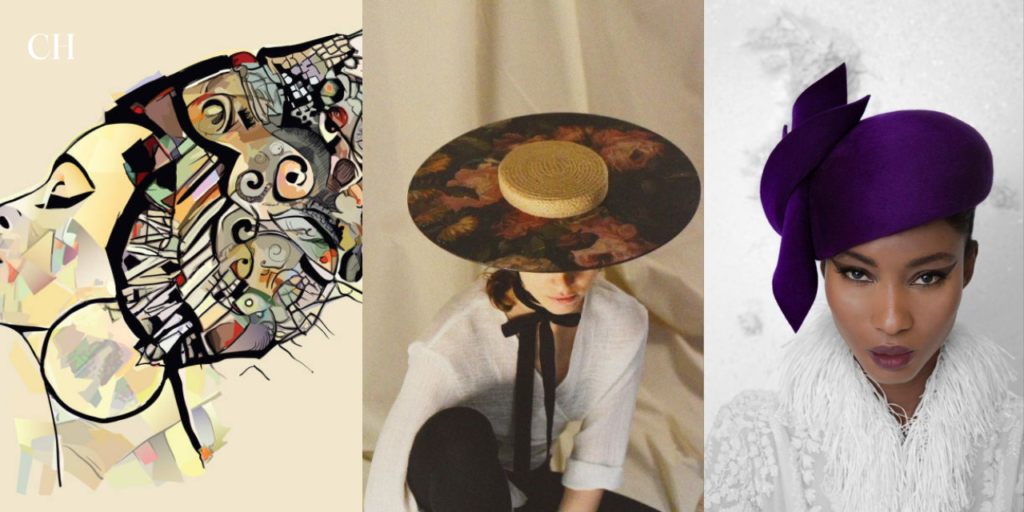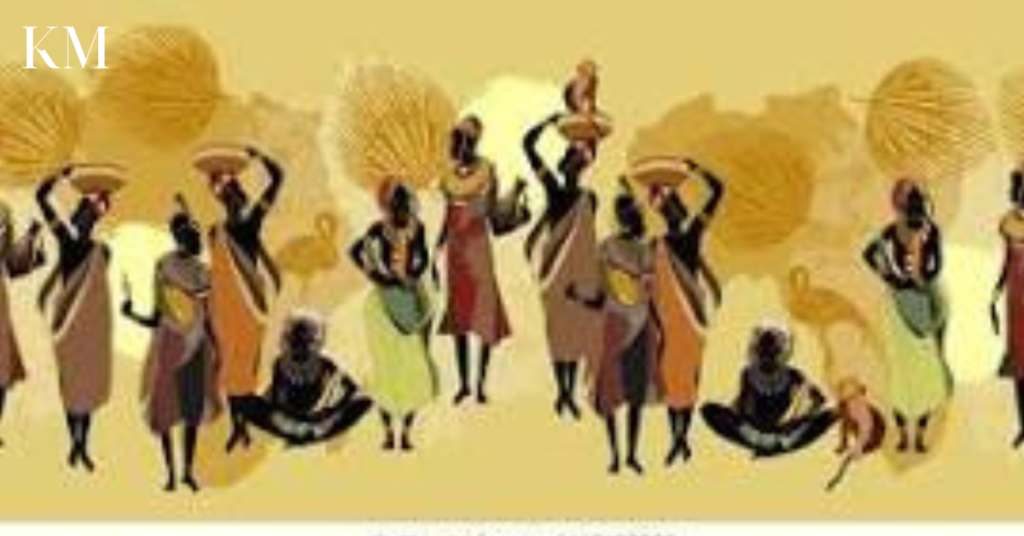
Black women’s cultural heritage and identity are inextricably linked to their historical experiences, representing a legacy formed over centuries of struggle, resilience, and ingenuity. Throughout history, Black women have experienced multiple forms of oppression based on race, gender, class, and other social issues.
From the atrocities of slavery to the hardships of the Civil Rights Movement and beyond, Black women have played critical roles in molding their communities and campaigning for justice and equality. This historical legacy serves as the cornerstone for Black women’s cultural identity, demonstrating the continuing endurance and fortitude that have defined their experiences.
At the heart of Black women’s cultural legacy is the concept of intersectionality, which emphasizes the interconnectedness of their identities. Kimberlé Crenshaw coined the term “intersectionality,” which recognizes that Black women’s experiences are determined not only by their race or gender, but also by the overlapping consequences of numerous types of discrimination and marginalization. This awareness is critical for grasping the complexities of Black women’s lived experiences, as well as the unique problems they encounter when negotiating power and privilege structures.
According to M.J. Fievre Logan:
As Black women, we grow up without having any role models to encourage us to or help us to embark on our individual journeys of self-love and self-care.
The Interplay of Identity, Culture and Self Love for Black Women
Black women display their cultural history through a variety of artistic, musical, literary, and creative activities. From Maya Angelou’s poetry to Aretha Franklin’s music, black women have used their voices and abilities to express their experiences and challenge dominant narratives. These cultural expressions are effective vehicles for storytelling, resistance, and celebration, highlighting the richness and vitality of Black women’s experiences and viewpoints.

Despite institutional oppression and marginalization, Black women have exhibited extraordinary tenacity and resistance throughout history. Whether via grassroots activism, community organizing, or ordinary acts of resistance, Black women have opposed injustice and strived to improve their own and their communities’ futures.
The value of sisterhood and solidarity among Black women is important to their cultural history. Concepts such as “sistahood” and “Black girl magic” honor the bonds of sisterhood, as well as the collective strength and tenacity of Black women. These relationships offer support, affirmation, and empowerment, promoting a sense of belonging and identity among Black women’s communities.
Black women’s cultural legacy includes a wide range of traditions, such as foodways, spiritual practices, and familial customs passed down through generations. These rituals connect and identity Black women, rooting them in their cultural heritage and offering a sense of continuity and belonging throughout generations.
Black women have encountered obstacles and accomplishments while negotiating the nuances of their cultural background. Despite facing prejudice, assault, and systemic impediments, Black women have made major contributions to society in a variety of disciplines. Recognizing and respecting Black women’s cultural history is critical for recognizing their perseverance, inventiveness, and contributions to society while also working for a more inclusive and fair future for all.


